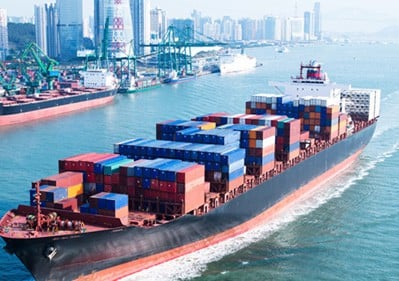The Transatlantic Free Trade Area which is also called Transatlantic Trade and Investment Partnership is a proposed free trade agreement between the United States and the European Union that represents potentially the largest bilateral trade agreement in history. First, it was considered in the 1990’s and later in 2007, but finally it launched in July 2013. it covers more than 40% of world GDP and accounts for large shares of world trade and foreign direct investment.
If the parties fully realized this agreement until 2015, the European Commission expects 400,000 new jobs and average a financial relief of 545 Euro for each household every year. It’s also Expected $160 billion annual gains for the EU and $128 billion for the US. in terms of trade barriers, the deal will reduce regulatory barriers by 25 percent and cut public-procurement barriers by 50 percent.
A British Embassy conducted study found that this agreement would create more than 740,000 jobs throughout the US. In Texas, it would lead 67,780 jobs and in California 73,340. Texas reported $29 billion worth of exports to the EU in 2012 but the report expects that this could increase significantly along with this agreement. For instance, chemical exports could increase by 4.9 billion as per this study. However, there have been so much discussions, and concerns about this agreement since Barack Obama announced his intention to create a U.S.-EU agreement. It already plagued by oversight and accountability issues. While some people support this agreement, on the other side, there is a dispute about these claims and criticism about the treaty’s secret negotiations and copyright clauses. EU deLegates plan to set rules around liability for Internet Service Providers and regulations, as well as rules to set a uniform approach to cyber security across the region but the document has no mention of copyright enforcement.
TAFTA will not mainly target trade as The Obama administration clarified but it will go behind the border policies such as health,environmental and financial protections. U.S. and European delegates are negotiating TAFTA secretly and this make people think it will not be a democratic process. Tafta’s objective is to address a wide range of cross border regulatory issues under one overarching pact so that this agreement should have transparency in the process.
The safety standards which affect everyone’s daily life from food to cars need to be determined open as well as the energy and climate policies. It should also guarantee the voice of copyright,patent and trademark issues as well. The second round of this agreement will start in October and we will see weather the parties will pass the democracy exam in this case or not.





